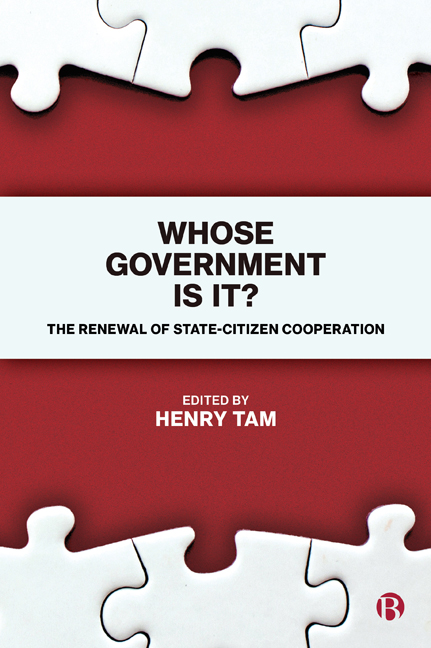10 - Young People and Everyday Democracy
Published online by Cambridge University Press: 27 April 2022
Summary
The 2017 general election provided a major shock to the British political establishment. The surge in youth turnout – from 40% of 18 to 24 year olds in 2015 to over 60% among the same age group only two years later – and in support for the Labour Party, deprived the Conservative Government of its parliamentary majority (Sloam and Henn, 2018). This so-called ‘youthquake’ marked the dramatic reversal of a 25-year slump in electoral participation. Yet we should not be too quick to celebrate this turn of events. Young Labour Party supporters (and young Remainers in the EU Referendum) were actually less trusting of politicians and political parties than the average young person. Indeed, the appeal of Jeremy Corbyn (much like that of Bernie Sanders in the United States) was founded on his anti-establishment credentials. The truth is that, while young people in the UK are interested in politics per se, their participation in electoral politics remains very low in comparison to their peers in other established democracies.
The critical question is not only how politicians and public officials can get young people to vote, but also whether democratic engagement can be sustained between elections. This chapter focuses on the latter question. It argues that participation in everyday democracy at a local level can stimulate contact between younger citizens and policy makers and counter the exclusion of young people from formal politics and governance. Such engagement – particularly at local community level – has the potential to rejuvenate democracy by strengthening ‘civic agency’ (Boyte, 2011): building trust in the political system and a sense of efficacy among those young people who become involved.
But it requires sustained support from a range of actors, including local councillors, youth services and youth councils; relevant nongovernmental organisations that promote youth civic engagement and civic literacy; schools and universities to make sure that all young people are afforded with opportunities for engagement. The work of these different actors needs to be coordinated by ‘local democracy hubs’. The three case studies at the end of the chapter illustrate how hard-to-reach young people can be mobilised around issues that hold meaning for their everyday lives, and identify the resources (economic, social and cognitive) that are required for such participation.
- Type
- Chapter
- Information
- Whose Government Is It?The Renewal of State-Citizen Cooperation, pp. 159 - 174Publisher: Bristol University PressPrint publication year: 2019



